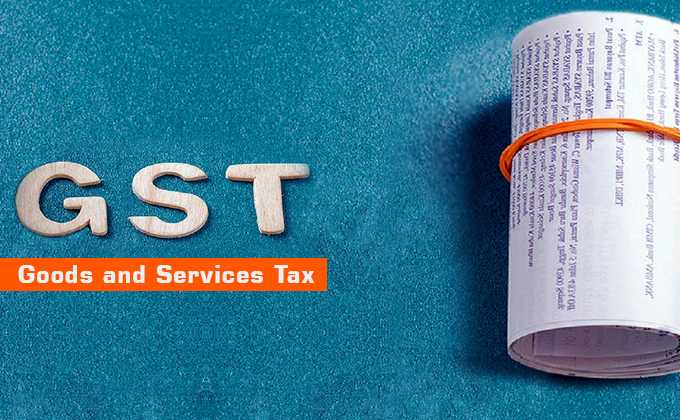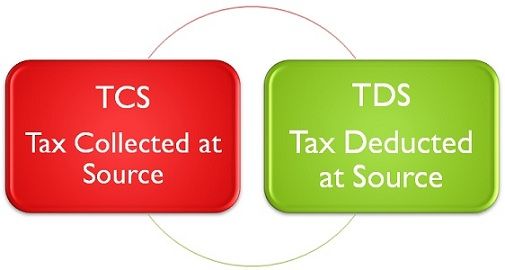Taxation in India refers to the system by which the government collects revenue from individuals and businesses to fund various public services and infrastructure projects. It plays a crucial role in supporting social welfare programs, building schools and hospitals, and strengthening national defense.
Here's a breakdown of the key aspects of Indian taxation:
Types of Taxes:
- Direct Taxes: These are levied directly on individuals and businesses based on their income or wealth. Examples include income tax, corporate tax, capital gains tax, and inheritance tax.
- Indirect Taxes: These are levied on goods and services at various stages of production and consumption. Examples include Goods and Services Tax (GST), customs duty, excise duty, and value-added tax (VAT).
Taxes on Individuals:
- Income tax rates for individuals vary depending on their income level and residential status. There are different slabs for salaried individuals, self-employed individuals, and senior citizens.
- Deductions and exemptions are available for certain expenses such as medical expenses, education loans, and investments in specific schemes.
- Filing income tax returns is mandatory for individuals exceeding a certain income threshold.
Taxes on Businesses:
- Companies and businesses are subject to corporate tax, which is a flat rate of 30% for domestic companies and 50% for certain foreign companies.
- Startups and businesses with lower turnovers may enjoy reduced tax rates or exemptions.
- Companies are required to file regular tax returns and maintain proper accounting records.
Benefits of Taxation:
- Financing Public Services: Tax revenue is used to fund essential services like education, healthcare, infrastructure development, and national defense, benefiting all citizens.
- Promoting Economic Growth: Taxation policies can be used to incentivize certain industries or investments, contributing to economic growth and job creation.
- Reducing Inequality: Progressive tax systems, where higher income earners pay a larger share of taxes, can help reduce income inequality and promote social justice.
Challenges of Taxation:
- Complexity of Tax Laws: Indian tax laws can be complex and subject to frequent changes, making compliance challenging for individuals and businesses.
- Tax Evasion: Tax evasion is a significant problem in India, leading to revenue loss for the government and unfair burdens for compliant taxpayers.
- High Corruption: Corruption within the tax administration can create an unfair environment for honest taxpayers and discourage compliance.
Recent Developments:
- Introduction of Goods and Services Tax (GST) in 2017 aimed to simplify the indirect tax system and improve tax efficiency.
- Digitalization of tax processes is making filing returns and payments easier and more transparent.
- Initiatives to reduce tax evasion and improve compliance are ongoing.



